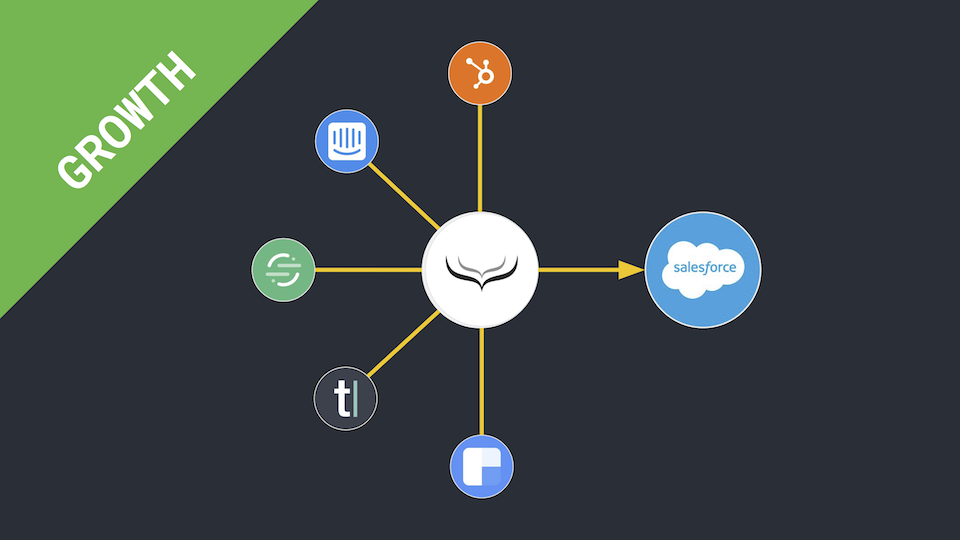
A Trip Back in Time: How People Talked About B2B Telemarketing Services 20 Years Ago
March 26, 2024
The Silent Shift: Imagining a World Without B2B Telemarketing Services
April 1, 2024In today’s digital age, it’s easy to underestimate the power of a well-executed B2B telemarketing campaign. But behind the flashy world of social media and SEO lies a tried-and-true method for generating qualified leads and building lasting relationships: the human connection.
Here are 10 compelling reasons why B2B telemarketing services should be a key part of your overall marketing strategy, each elaborated with specific examples:

1. Direct Access to Decision-Makers: Forget wading through endless emails with low open rates and uncertain follow-up. Telemarketing gets you straight to the people who hold the buying power, allowing you to tailor your pitch directly to their needs.
Imagine you’re a company offering cybersecurity solutions. Sending an email to a generic “IT Department” address might not reach the key decision-maker. A skilled telemarketer, however, can research and identify the Chief Information Security Officer (CISO) within the target company. With a well-prepared script and knowledge of current cybersecurity threats, the telemarketer can directly connect with the CISO, understand their specific security concerns, and present a solution that addresses their most pressing needs. This targeted approach significantly increases the chance of a successful conversation and sets the stage for a potential sale.
2. Personalized Conversations: Emails can often feel impersonal and generic. A skilled telemarketer, however, can have in-depth conversations, understand specific challenges, and address them with relevant solutions. This builds trust and establishes a strong foundation for future interactions.
For instance, a company offering cloud-based accounting software can leverage telemarketing to understand the pain points of a potential client’s finance department. Through conversation, the telemarketer might learn that the client struggles with manual data entry and outdated on-premise software. This allows for a personalized pitch that highlights the time-saving and efficiency benefits of their cloud solution, directly addressing the client’s specific needs. This personalized approach fosters trust and creates a genuine connection that can lead to a long-term client relationship.
3. Overcome Information Overload: With so much digital content bombarding decision-makers, your message can easily get lost in a sea of emails, social media posts, and online ads. A phone call cuts through the noise and ensures your offering gets heard.
Imagine you’re a company providing cutting-edge marketing automation tools. Sending an email about your product could easily get buried in a cluttered inbox. A well-timed phone call, however, allows you to directly engage a potential client and explain the unique benefits of your software. The telemarketer can highlight features that address specific marketing challenges, such as lead generation or campaign management. This direct approach ensures your message stands out from the digital clutter and sparks genuine interest in your offering.

4. Qualification at the Source: Telemarketing allows for real-time qualification of leads, saving you time and resources. You can quickly assess a prospect’s needs and budget, separating those with genuine interest from those who aren’t a good fit.
Imagine you’re a company offering high-end business continuity solutions. These solutions come with a significant price tag and require a specific level of commitment from the client. A telemarketing campaign can be a valuable tool for qualifying leads upfront. Through conversation, the telemarketer can determine if the prospect has recently experienced a data breach, understands the importance of business continuity, and has the budget to invest in such a solution. This allows you to focus your sales efforts on qualified leads with a higher chance of conversion, maximizing the return on your investment.
5. Building Relationships: The human touch fosters rapport and connection. Telemarketing lets you build relationships that nurture brand loyalty and create long-term partnerships.
Let’s consider a company offering human resource consulting services. While a website might showcase their expertise, it can’t build the same level of trust as a personal conversation. Telemarketing allows them to connect with HR managers, understand their specific challenges (e.g., employee recruitment, retention strategies), and offer solutions tailored to their needs. This personalized approach fosters a connection and establishes trust, which can develop into a long-term partnership where the consulting firm becomes a trusted advisor to the client.

6. Immediate Feedback: Unlike emails that languish unread or require days for a response, phone conversations provide instant feedback. You can gauge interest, answer questions, and address concerns on the spot, significantly improving your conversion rates.
Imagine you’re a company offering a revolutionary new type of industrial equipment. A well-crafted email might pique the interest of a potential customer, but it wouldn’t allow for immediate clarification of questions or doubts they might have. A telemarketing call, however, allows you to directly address their concerns. The telemarketer can explain the unique features and benefits of the equipment, answer technical questions in real-time, and overcome any initial hesitation the prospect might have. This immediate feedback loop allows you to capitalize on their interest and move them closer to a purchase decision.
7. Detailed Data Collection: Telemarketing goes beyond just making sales calls. It allows for gathering valuable data about your target audience, which can be used to refine your messaging and improve future campaigns.
Let’s consider a company offering data security training programs. Telemarketing calls can be used to not only promote their training packages but also to understand the current cybersecurity awareness within potential client companies. The telemarketer could ask questions about existing security protocols, employee training frequency, and common security challenges faced. This data provides invaluable insights into the specific needs and vulnerabilities of their target market. They can then use this information to tailor their training programs and marketing messages to better resonate with their ideal customers.

8. Cost-Effective Lead Generation: Compared to other marketing channels, telemarketing can be a very cost-effective way to generate qualified leads. You only pay for real connections with potential customers, maximizing your return on investment (ROI).
Imagine you’re a company offering a subscription-based service like marketing automation software. Running social media ads or sponsoring industry events can be expensive, with the results being difficult to quantify. Telemarketing allows you to target a specific audience and engage directly with potential customers who have shown some level of interest. By focusing on qualified leads, you can convert them into paying customers much faster, leading to a significant improvement in your cost-per-acquisition (CPA).
9. Flexibility and Scalability: Telemarketing campaigns are not a one-size-fits-all approach. They can be easily tailored to your specific needs and budget. You can adjust call volume, target specific demographics within your industry, and adapt your message as needed to maximize reach and effectiveness.
Let’s say you’re a financial services company offering investment products. Your target audience might be broad, encompassing various investor profiles. A telemarketing campaign allows you to segment your audience and tailor your calls accordingly. You can target high-net-worth individuals with calls highlighting sophisticated investment options, while offering retirement planning solutions to a different demographic. This flexibility ensures you reach the right audience with the most relevant message, optimizing your campaign for success.
10. Measurable Results: Telemarketing delivers clear, trackable results. You can monitor call metrics, conversion rates, and ROI to assess the success of your campaign and identify areas for improvement.
Imagine you’re a company offering legal compliance software. A telemarketing campaign allows you to track various metrics such as the number of calls made, the number of qualified leads generated, and the number of sales conversions directly resulting from these calls. By analyzing this data, you can identify which messaging resonates best with your target audience, adjust your call script to address common objections, and optimize your campaign for maximum impact. This data-driven approach ensures you continuously improve your telemarketing efforts and maximize their effectiveness.
In conclusion, B2B telemarketing, when done right, remains a powerful tool for driving sales and building meaningful relationships within your target market. By leveraging the expertise of a qualified telemarketing service, you can gain a significant edge in today’s competitive business landscape.


